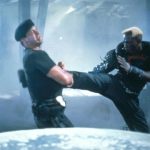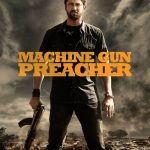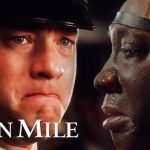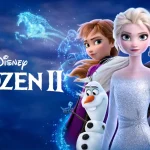Universal Soldier (1992)
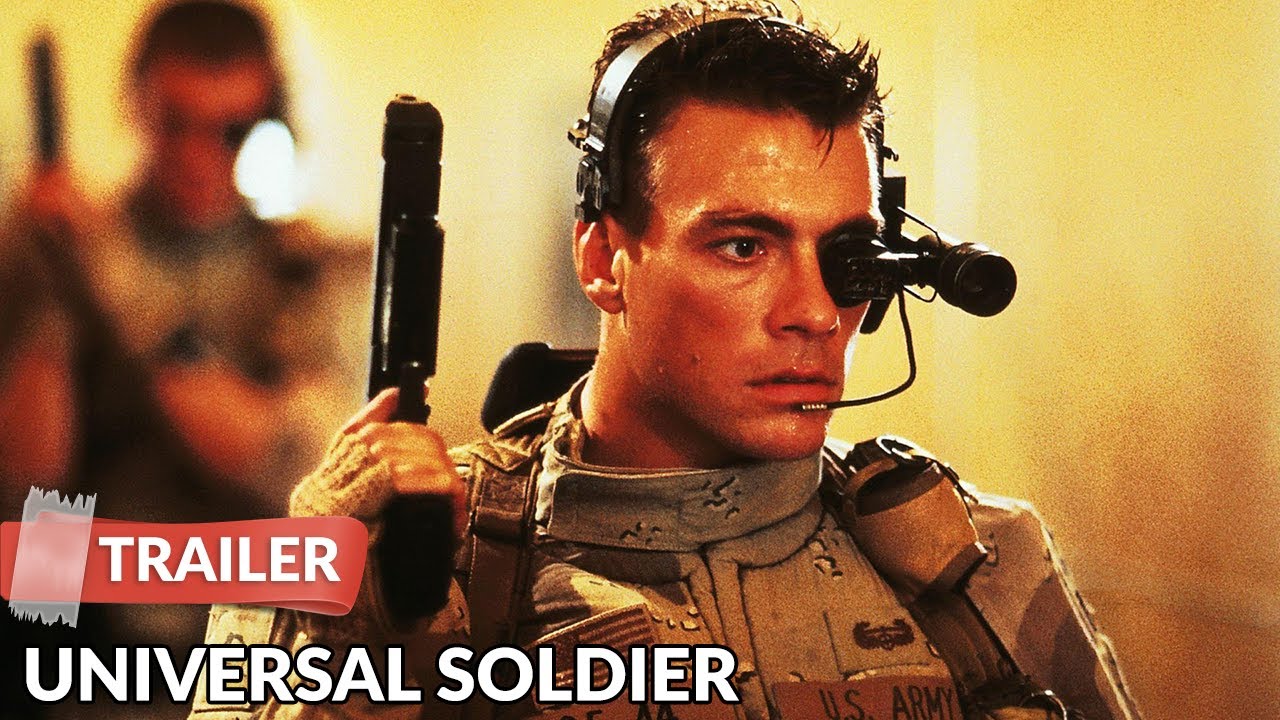
“Universal Soldier,” released in 1992, is an American military science fiction action film that marked a significant entry into the genre. Directed by Roland Emmerich and produced by Allen Shapiro, Craig Baumgarten, and Joel B. Michaels, the film showcases a unique blend of thrilling action, futuristic technology, and thought-provoking themes. Written by Richard Rothstein, Christopher Leitch, and Dean Devlin, “Universal Soldier” has left an indelible mark on the action film landscape and remains a cult classic to this day.
The plot revolves around a secret government program that resurrects deceased soldiers and transforms them into superhuman fighters known as “Universal Soldiers.” The film opens with a gripping flashback to the Vietnam War, where two soldiers, Luc Deveraux (played by Jean-Claude Van Damme) and Andrew Scott (played by Dolph Lundgren), engage in a fierce battle. The story takes a dark turn when both soldiers are killed in action, only to be brought back to life years later through experimental military technology. This resurrection process strips them of their humanity, turning them into emotionless killing machines programmed to obey orders without question.
Jean-Claude Van Damme’s portrayal of Luc Deveraux adds depth to the character, as he grapples with the remnants of his former self. The film effectively explores themes of identity and humanity, as Luc begins to regain his memories and question the ethics of the Universal Soldier program. His internal struggle creates a compelling narrative arc, highlighting the conflict between duty and the innate human desire for autonomy.
Dolph Lundgren delivers a chilling performance as Andrew Scott, showcasing the darker side of the Universal Soldier experiment. Scott is a former soldier who becomes increasingly unstable and violent after being revived, embodying the potential consequences of tampering with life and death. His character serves as a foil to Luc, illustrating the fragility of the human mind when subjected to extreme circumstances. The tension between the two characters escalates throughout the film, culminating in intense confrontations that keep audiences on the edge of their seats.
One of the film’s most notable achievements is its action choreography. Roland Emmerich skillfully directs a series of explosive sequences that blend martial arts with military tactics, showcasing the formidable abilities of the Universal Soldiers. The fight scenes are exhilarating and well-executed, featuring a mix of hand-to-hand combat and high-octane gun battles. The pacing of the film maintains a relentless energy, ensuring that viewers remain engaged throughout the unfolding chaos.

The film also features a strong supporting cast, including Ally Walker as Veronica Roberts, a reporter who becomes entangled in the unfolding events. Veronica’s character provides a human perspective on the ethical implications of the Universal Soldier program, serving as a voice of reason amidst the mayhem. Her interactions with Luc create moments of emotional resonance, grounding the film’s more fantastical elements in relatable human experiences.
“Universal Soldier” touches on significant themes that resonate beyond its action-packed surface. The ethical implications of military experimentation and the consequences of dehumanizing individuals for the sake of national security raise important questions about the moral limits of scientific advancement. The film critiques the military-industrial complex and the notion of creating “perfect soldiers,” exploring the loss of individuality and humanity in the pursuit of power.

Moreover, the film’s portrayal of PTSD and the psychological toll of war adds depth to its narrative. Luc’s struggle to reconcile his past with his present underscores the impact of trauma on soldiers, a theme that remains relevant in contemporary discussions about mental health and the aftermath of conflict. The film humanizes its characters, allowing viewers to empathize with their struggles and understand the complexities of their situations.
In terms of visual effects, “Universal Soldier” was groundbreaking for its time, employing practical effects alongside early computer-generated imagery to create realistic depictions of the futuristic technology used in the film. The design of the Universal Soldiers and their advanced weaponry showcases a blend of realism and science fiction, contributing to the film’s immersive world-building.

Upon its release, “Universal Soldier” garnered mixed reviews from critics but found success at the box office, cementing its status as a cult classic over the years. The film’s influence can be seen in subsequent action films and science fiction narratives, particularly in the portrayal of enhanced soldiers and the ethical dilemmas surrounding military technology.

In conclusion, “Universal Soldier” is a significant film that marries thrilling action with thought-provoking themes, creating a narrative that resonates on multiple levels. Through its engaging characters, intense action sequences, and exploration of identity and morality, the film has earned its place in cinematic history. Roland Emmerich’s direction, combined with strong performances from Jean-Claude Van Damme and Dolph Lundgren, elevates “Universal Soldier” beyond typical action fare, inviting viewers to ponder the implications of their choices and the true cost of war. As audiences revisit this classic, they are reminded of the fine line between humanity and the machinery of conflict, making “Universal Soldier” a timeless reflection on the nature of power and sacrifice.
Suggested videos for you:
Deadly Asphalt The Race for Freedom
Suggested videos for you:
Betrayal at the Table: A Dinner Gone Wrong
Suggested videos for you:
Turning a Prison into a Drug Production Facility and the Outcome


